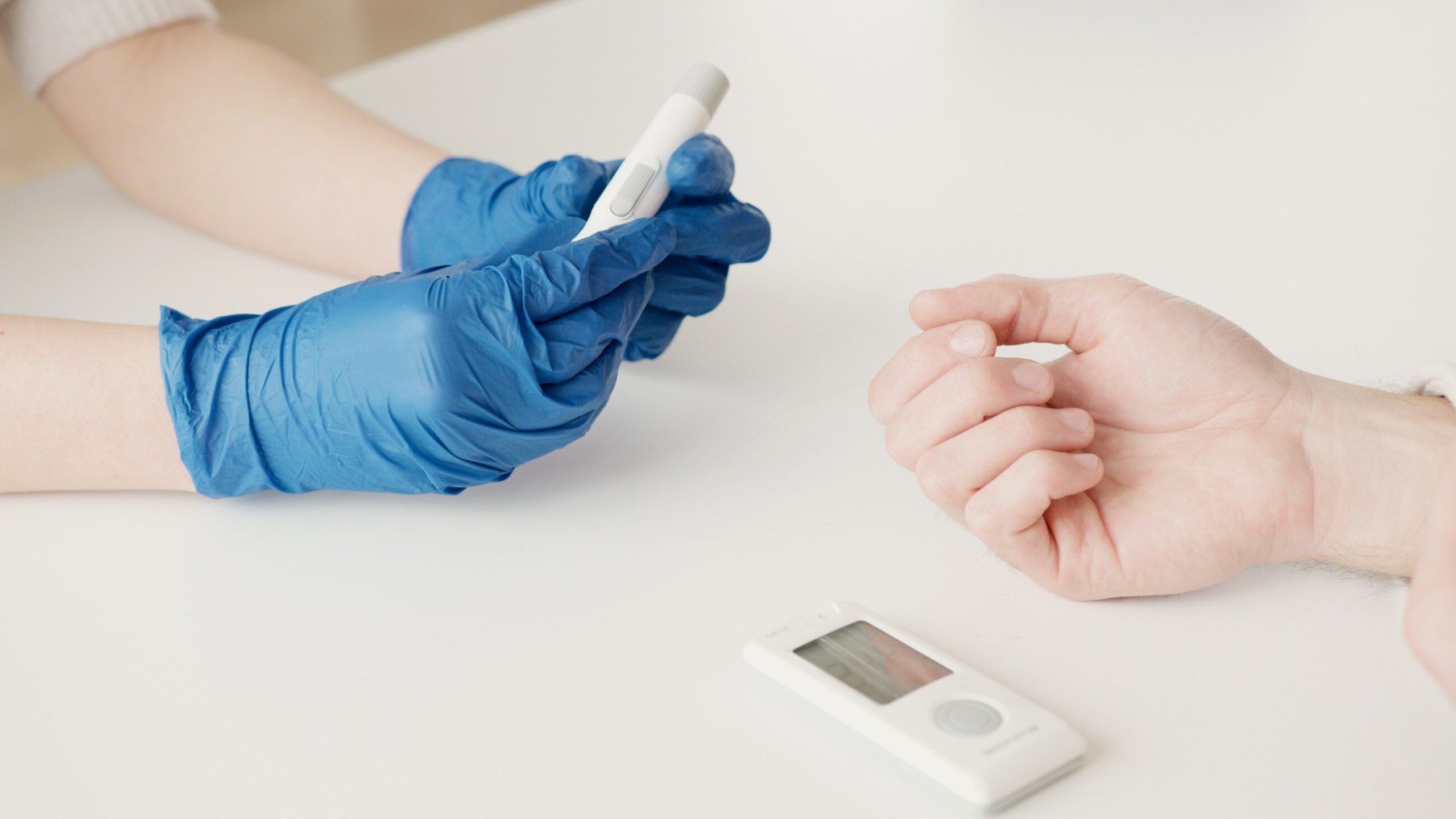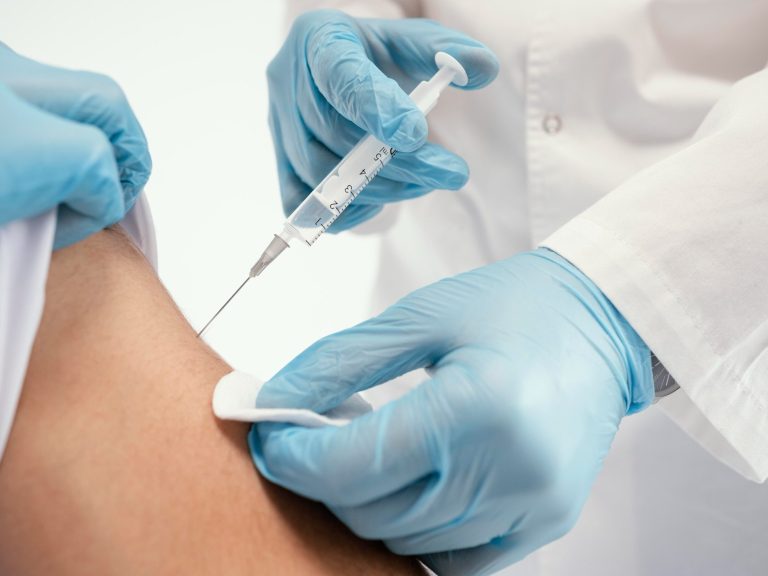Is your blood sugar level too high? Watch your heart

Elevated blood glucose levels increase the risk of cardiovascular disease. These conclusions come from research published in August 2023 in the scientific journal “The Lancet Regional Health”.
Scientists took medical data from 427,000 people between 40 and 69 years of age. They were divided into four groups based on blood glucose measurements. The first group included volunteers with low sugar levels in the body, the second group included subjects who were within generally accepted standards. The third group consisted of people with prediabetes, and the last one included patients with diabetes. It is worth remembering that prediabetes is an increased level of glucose in the body. However, these changes do not meet the criteria for full-blown type 2 diabetes. However, if ignored, it may lead to the development of the disease.
Prediabetes is a risk factor for cardiovascular diseases
Conducted studies have shown that people with prediabetes or undiagnosed diabetes were more likely to develop cardiovascular diseases (compared to volunteers from the control group with normal blood glucose levels). In men, the risk of developing health problems in the circulatory system was 30% higher (both among patients with prediabetes and those diagnosed with diabetes). The group of women turned out to be more diverse in this respect. The probability of developing the previously indicated diseases was 47 and 33%, respectively, in patients with prediabetes and diagnosed with diabetes.
Experts have also observed that low glucose levels in the body act as a protective factor and reduce the likelihood of disease. The results of the conducted research confirm the assumptions of scientists and doctors. They prove that controlling blood sugar levels is important at every stage, even when it does not cause symptoms of disease.
How to prevent the development of diabetes and cardiovascular diseases?
Specialists emphasize that appropriate prevention is important. People with prediabetes should make lifestyle changes as soon as possible. Take care of physical activity, give up eating fatty, highly processed food products and replace them with whole grain products, vegetables and fruits with a low glycemic index. As registered dietitian Kelsey Costa, quoted by Healthline, emphasizes, prediabetes is a wake-up call, not a definitive diagnosis. A chance to prevent the development of diabetes and related cardiovascular diseases






